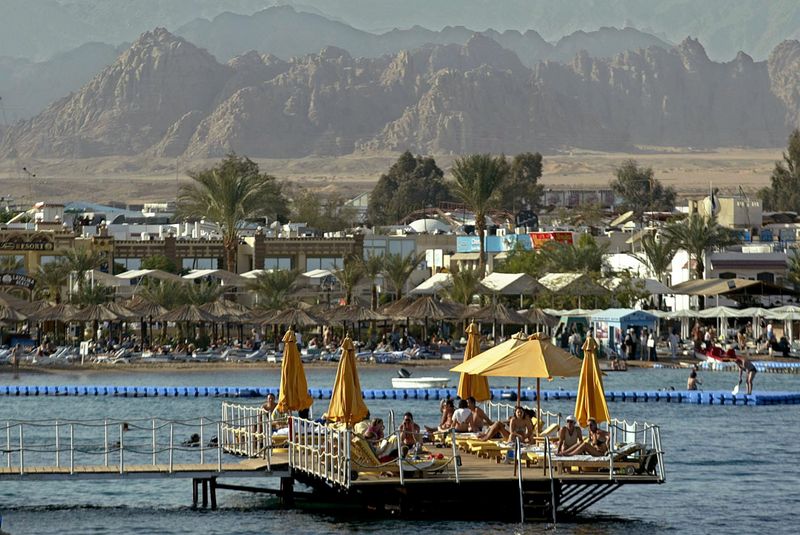The Egyptian government and the United Nations World Food Programme (WFP) signed an agreement to benefit neighbouring and African countries through the exchange of knowledge and expertise in support of the Sustainable Development Goals (SDGs), in particular the goal of Zero Hunger, in celebration of the 50th anniversary of the WFP.
The agreement allows for the WFP and the government to share and expand their expertise on interventions in areas such as water management, nutrition, diversification of livelihoods, and increased agricultural productivity.
“As we prepare to chair the African Union in 2019, we are determined to take our strategic partnership with the United Nations and its specialised agencies to new levels,” said Assistant Foreign Minister for Multilateral Affairs and International Security, Ehab Fawzy.
The agreement was signed by WFP’s Senior Director for Strategic Coordination and Support, Stanlake Samkange and Fawzy during a joint anniversary celebration held by the WFP and the Egyptian Ministry of Foreign Affairs.
“I’m proud to witness the WFP and the government of Egypt take this direction towards expanding technical and learning experience with other developing countries,” said Samkange. “This is a great opportunity to showcase Egypt and the WFP’s many success stories, and contribute to the development aspirations of Africa as a whole.”
The agreement will be supported by the Luxor Coordination Centre for Knowledge Sharing and Innovation to Promote Resilience in Upper Egypt. The centre was developed by the WFP, in partnership with the Egypt, and will facilitate knowledge-exchange activities, as well as provide diverse and proven national expertise on development interventions.
“The WFP and Egypt’s longstanding partnership is deeply rooted upon a history of thriving cooperation and mutual understanding,” said WFP Representative and Country Director in Egypt, Menghestab Haile, adding that the WFP remains a committed partner of the government to achieve the 2030 agenda, particularly through positioning of Egypt as a key party for regional cooperation.
The WFP has been in Egypt since 1968, working with the government to respond to humanitarian needs and tackle the underlying causes of vulnerability to food insecurity and malnutrition in the country.
Furthermore, the WFP is saving lives in emergencies and changing lives for millions through sustainable development. In addition, the WFP works in over 80 countries around the world, feeding people caught in conflicts and disasters, and laying the foundations for a better future.



